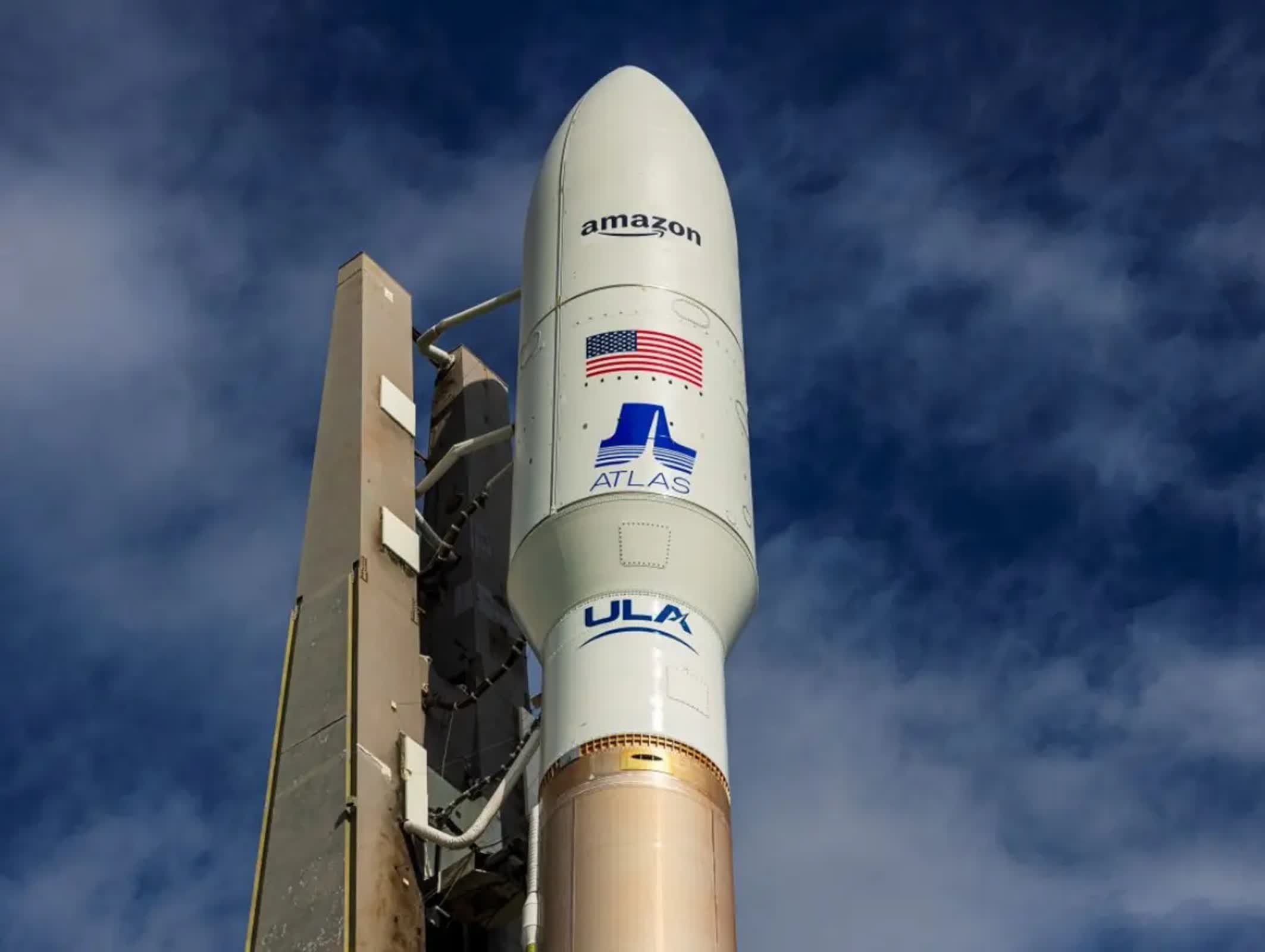TL;DR: A fierce debate is unfolding in the US over the future of space safety, as the federal government considers dramatically reducing funding for its primary civilian space traffic management office. Under the White House's 2026 budget proposal, the Office of Space Commerce would see its funding slashed from $65 million to just $10 million – a cut that could effectively dismantle the Traffic Coordination System for Space, a critical program designed to prevent satellite collisions in Earth's increasingly crowded orbit.

The proposed cuts have sparked a strong backlash from the space industry. Seven major trade associations representing more than 450 companies including SpaceX and Blue Origin have sent urgent letters to congressional leaders. Their message is clear: reducing support for the Office of Space Commerce and its TraCSS program would endanger both commercial and government satellites, increase operational costs, and potentially drive American space businesses to relocate overseas.
Industry leaders argue that the timing of the cuts couldn't be worse. The number of satellites in low Earth orbit has surged in recent years, driven by mega-constellations such as SpaceX's Starlink, which has launched over 7,000 satellites since 2019. Amazon's Project Kuiper is planning a constellation of 3,000 satellites, while Chinese companies are preparing to deploy tens of thousands more. This dramatic increase in orbital traffic has made managing the risk of collisions more complex – and more urgent – than ever before.

Experts warn that the risk is far from theoretical. According to Hugh Lewis, a professor of astronautics at the University of Southampton, the number of collision-avoidance maneuvers performed by Starlink satellites has more than doubled over the past six months compared to the previous period. As more satellites are launched, the frequency of close encounters is expected to increase, raising the chances of accidents that could disrupt critical services and generate dangerous orbital debris.
The TraCSS system, currently in beta testing with several satellite operators, was designed to provide space situational awareness and issue collision alerts, much like the Federal Aviation Administration manages air traffic. Its loss, industry advocates warn, would create a dangerous gap in the nation's ability to coordinate safe satellite operations and weaken the US' role in shaping global standards for space safety.
The administration argues that private companies have shown they can provide space traffic management services, justifying the proposed budget cuts. However, industry executives pushed back, noting that no single company or coalition has been identified to assume full responsibility, and no viable funding model exists to support such a transition.
They emphasize that government oversight remains critical, particularly as Earth's orbit becomes increasingly crowded and space grows in strategic importance.
Space industry warns of satellite collision risks as US funding faces deep cuts